STRUCTURES LABORATORY
The Structures Laboratory is a 300 m2 closed area which is mainly used for the researches of graduate students and also used by undergraduate students for the laboratory courses and also suitable for the research projects and projects taken in revolving funds. Within the Structures Laboratory there is a Loading Frame and test equipment for the testing of structural elements, a mobile crane to transport large-scale samples, and a large stock area for storing test samples before or after testing.
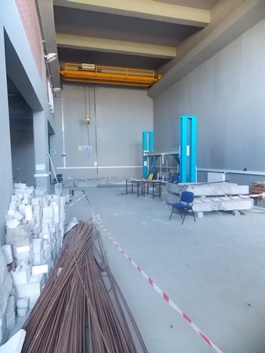 Structures Laboratory
Structures Laboratory
Structures Laboratory has a vertical load loading frame of 30 tons capacity. Bending tests and torsion tests can be performed on 1/1 scale reinforced concrete, steel and wooden structural elements with manually controlled hydraulic load actuators placed on this frame. A total of 6 hydraulic load actuators with 10 tons, 30 tons and 60 tons capacities and different stroke capacities are used in the experiments. In addition, the electrically controlled hydraulic pump capable of producing 700 bar pressure is used to loading at constant speed.
Additionally, digital load cells with various capacities, potentiometers and displacement meters capable of measuring different lengths, as well as unit deformation gauges (strain gauges) that can be affixed to different materials are used in the structures laboratory.
During the experiment, high speed data acquisition systems are used which digitally record the values obtained from the measuring instruments and transfer them to the computer environment.
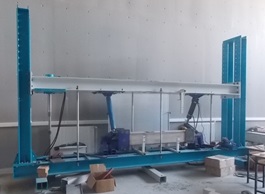 |
Loading Frame
30 tons load capacity
Frame is used to study the behavior of beam elements under bending loads during the undergraduate/graduate studies,
Reinforced Concrete and Structural Analysis courses.
1/1 scale beam tests with 5m clearance can be done on the loading frame .
|
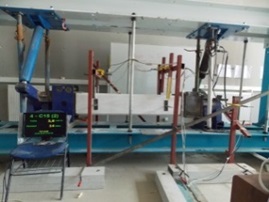 |
Torsion Test Setup
Reinforced concrete beams with 300x300mm cross-sections can be tested under pure torsion to understand the behavior.
|
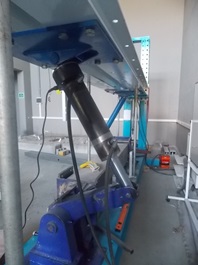 |
Static Actuator
Double acting hydraulic actuator with 10 tons load capacity and 420mm stroke capacity used for torsion tests. |
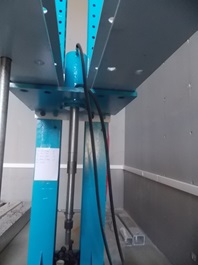 |
Static Actuator
30 tons loading and 200 mm displacement capacity |
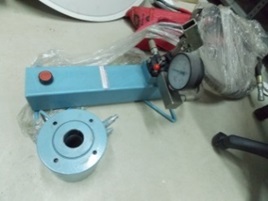 |
Bolt Pulling Machine
700 bar manually-controlled hydraulic pump, hydraulic actuator with 20 tons tensile load capacity and 100 mm displacement capacity are used to determine bolt tensile strength. |
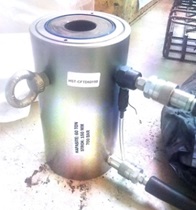 |
Static Actuator
700 bar double acting hydraulic actuator with 60 tons load capacity and 150mm stroke capacity |
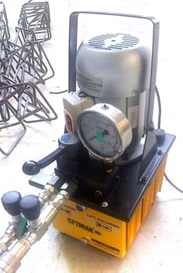 |
Electrically Controlled Hydraulic Pump
700 bar capacity, speed adjustable, double acting hydraulic pump with 4 lt oil tank |
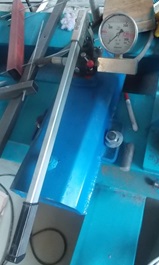
|
Manually Controlled Hydraulic Pump
700 bar capacity |
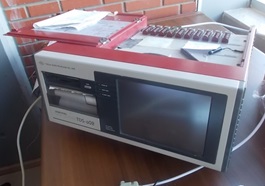
|
Data Logger
50 Hz- 60 channel |
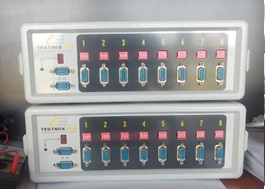
|
Data Logger
64 Hz- 8 channels (moduler)
|
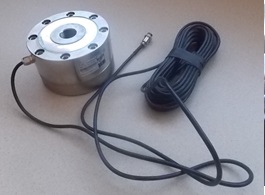
|
Load Cell
Load cells with 20 tons tension and compression capacity
|
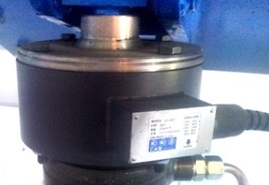
|
Load cells
Load cells with 20 tons tension and compression capacity |
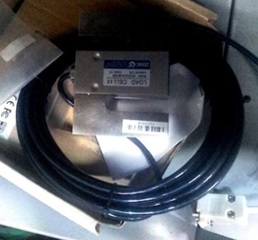
|
Load Cells
S type Load cells with 5 tons tension and compression capacity |
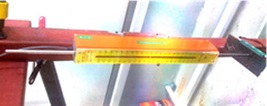
|
Displacement Transducers (LVDT)
Lineer Variable Displacement Transducers (LVDT) with 200 mm displacement capacity and 0.001 mm sensitivity |
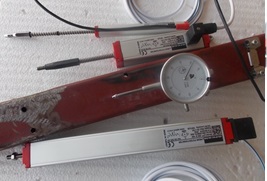
|
Displacement Transducers (Potentiometers)
Potentiometers with 50, 100 and 200 mm displacement capacity and 0.001 mm sensitivity |
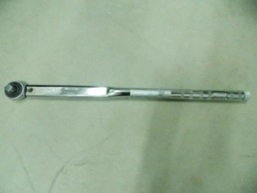
|
Torquemeter
Torque Meter with 500 Nm moment capacity, 25 Nm adjustment scale |
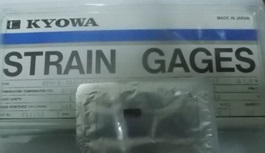
|
Strain gages
|
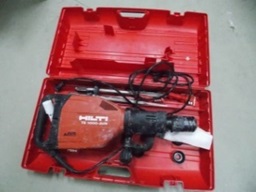
|
Drilling Machines
|
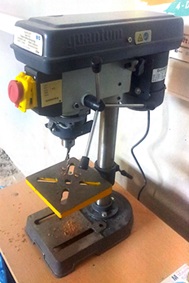
|
Drilling Machines
|
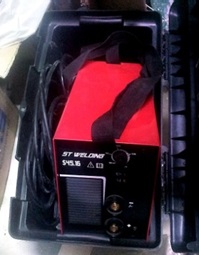
|
Welding Machine
|
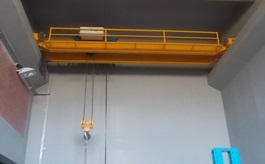
|
Mobile Crane
Mobile crane with 10 tons capacity and 3 directional movement
|
.jpg)
|
In addition, Multi detectors, Concrete Reinforcement Scanners, Drills, Laser meters and various hand tools are available.
|
Researches:
1. 3-point / 4-point bending tests on Steel Fiber Reinforced Concrete Beams (completed)
2. Determination of behavior of Steel Fibrous Reinforced Concrete beams under monotonic pure torsional moments. (Completed)
Funded by: Scientific Research Project Office
Project Manager: Dr. Osman KAYA
Researcher: Yılmaz Öğünç TETİK
Year: 2016
Budget: 24000 TL
3. Investigation of the behavior of reinforced concrete beams under reversed-cyclic pure torsional moments (cont.)
Researcher: Serap ALTIN KAYA